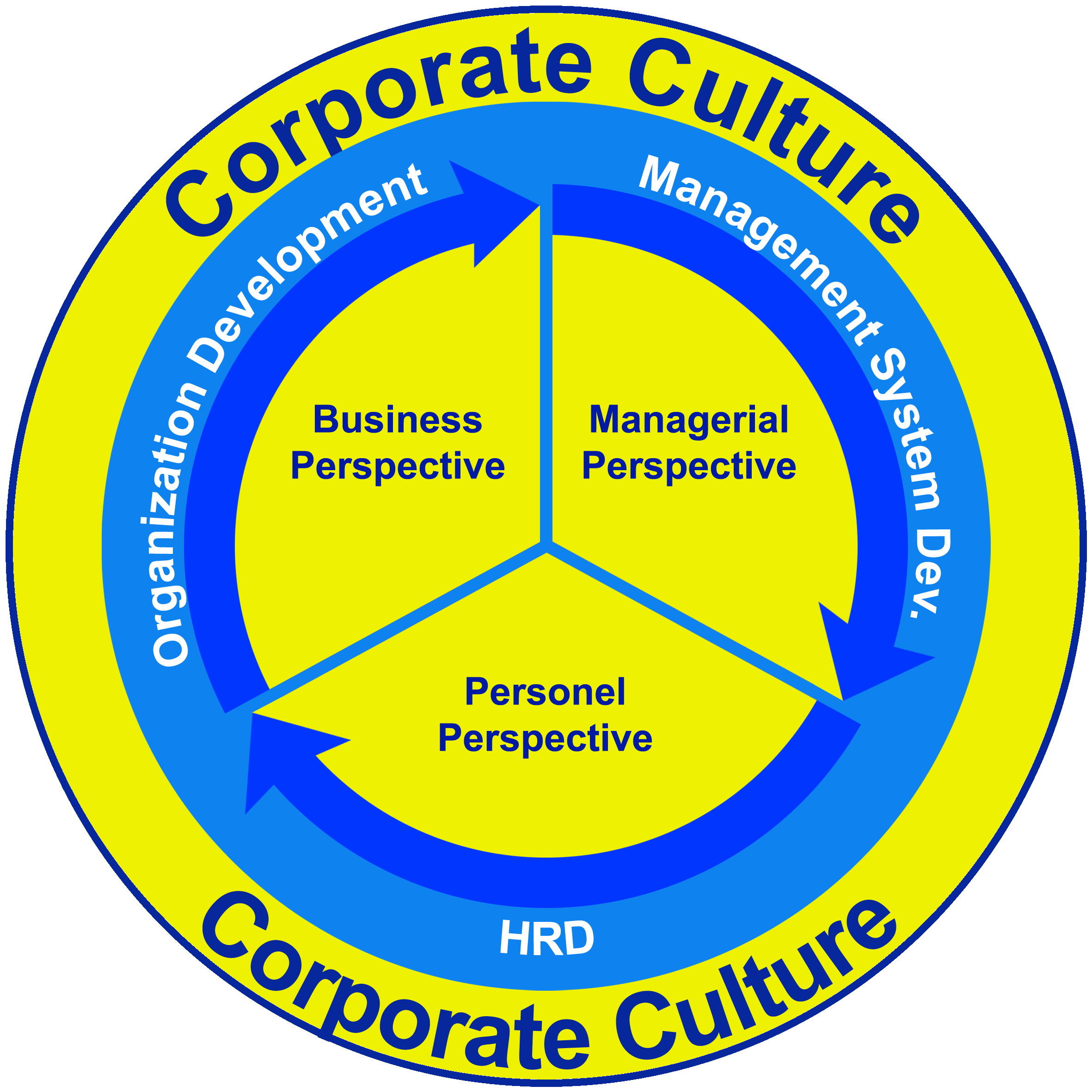Okay, so I admit, today’s post is unique in that it pertains to a role that Virtue doesn’t even offer as a position. As CEO, I am also CCO (a fact  that I now know, upon researching this subject); which is exactly why I’m so intrigued by this concept. You may have heard this phrase thrown around the corporate world and wondered “what in the world is THAT?” Well, wonder no further
that I now know, upon researching this subject); which is exactly why I’m so intrigued by this concept. You may have heard this phrase thrown around the corporate world and wondered “what in the world is THAT?” Well, wonder no further
Bear in mind, a company’s culture should be established at its origin, but because life changes on a dime, it’s important to establish a protocol for maintaining YOUR culture, in the midst of constant cultural change.
- Corporate culture is the pervasive values, beliefs and attitudes that characterize a company and guide its practices. To some extent, a company’s internal culture may be articulated in its mission statement or vision statement.
So what does this mean for you?
A growing trend amongst Fortune 500 companies is to expand the C-suite by adding a Chief Culture Officer position. Tasked with creating and promoting an enduring culture which defines a company, the CCO does not have an easy job. Culture changes quickly in our digital age and through experience top management is discovering that change is coming no matter what. Their choice is to either embrace the idea and add their ideas, or let the culture become a product of anyone who chooses to wield their influence.
What Does the CCO Do?
Tin he Chief Culture Officer is becoming an increasingly vital cog in the modern corporate machine. The CCO mixes and mingles with the frontline employees but has easy access to the CEO and COO. More than just a middle-man, the CCO helps to shape the public image of a corporation as well as the internal culture.
He/She will need to observe the natural ebbs and flows that occur within a culture and predict where they will go next. By using the inevitable change to their advantage, a good CCO will gently influence where needed to keep the public and internal image synchronized as well as positive. This keeps employees productive, engaged and committed.
Being a CCO is not an easy task and requires an absolute commitment to having a great corporate culture. The right person will utterly glow when speaking about how to incorporate the “millennial culture” into the corporate structure. They will wax poetic about how longer more playful work breaks actually result in more completed work and smile when everyone objects without really considering the evidence. The good CCO will accomplish what he/she set out to accomplish; a workforce culture that is in blissful harmony with the corporate culture.
By accepting change as a major asset, a corporation can become an industry leader rather than the recipient of other’s crumbs. The CCO understands this and works with everyone to take the company to greater heights – and profits – than ever before reached.
Why Does Anyone Need a CCO?
Though it is a new concept, learning the craft of controlling corporate culture is incredibly important to your company’s image and brand. When no one is paying attention to the culture, then chances are the employees are dissatisfied.
The economy has caused everyone to tighten their belts and the frontline people feel the cinch more than any other department. Many corporations discover too late that their corporate culture is hating the corporation; in some cases with good reason. The cost of the “Great Recession” has been passed to down to the employee in the form of decreased benefits and wages yet increased responsibility. Of course there are the lay-offs too which have a bad habit of making people feel disposable.
So in an age where many employees feel like property rather than people, it is increasingly important to avoid being the “evil corporation”. By consistently providing direction to your employees and giving them the tools they need, your employees can work smarter not harder. Freeing up time once wasted on fixing broken copiers and re-setting the (stupid!) router, you can now get more work out of your existing staff. And guess what? They will enjoy doing it!

Getting Started
Since Chief Culture Officer is a new position within the c-suite, the role might have to be crafted from scratch. An emerging group of consultants and think tanks are beginning to offer their services in this area for a fee. The position of CCO will be rolled out like any other product complete with even an implementation team! This time of uncertainty for the CCO will be short as a group of leaders from the millennial generation are ready to change the image of corporations from hostile to familial. Start planning now and it will be much easier when the time comes for you to begin influencing your changing corporate culture.
